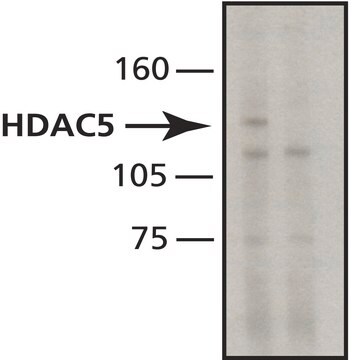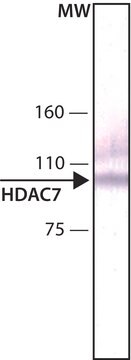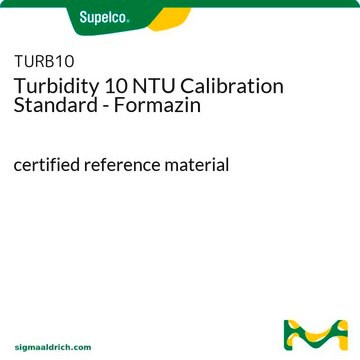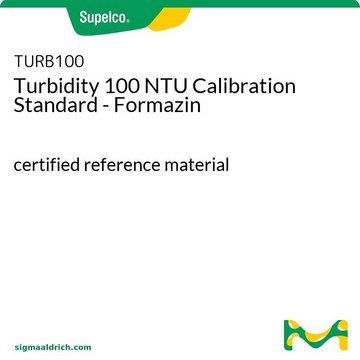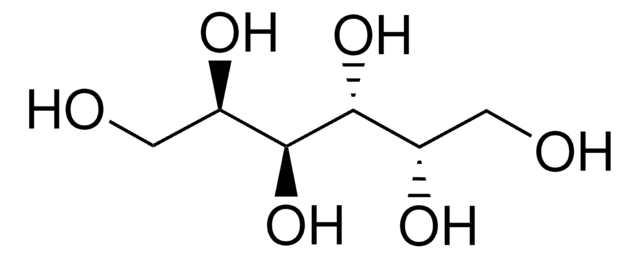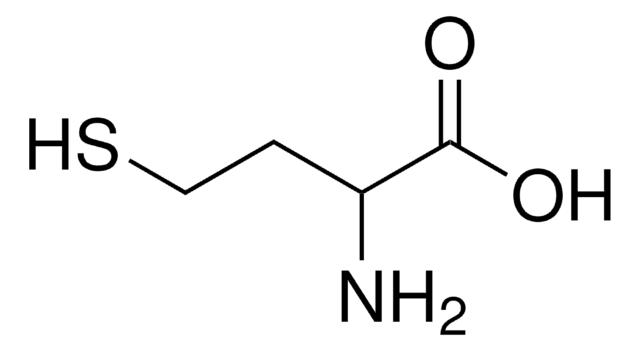推荐产品
生物源
rabbit
品質等級
共軛
unconjugated
抗體表格
affinity isolated antibody
抗體產品種類
primary antibodies
無性繁殖
polyclonal
形狀
buffered aqueous solution
分子量
antigen ~105 kDa
物種活性
mouse, human, rat
技術
immunoprecipitation (IP): 1.0-1.5 μg using RIPA extract of 293T cells expressing recombinant human HDAC7
indirect immunofluorescence: 1:50 using rat NRK cells
western blot: 1:1,000 using whole extracts of mouse NIH-3T3 cells
UniProt登錄號
運輸包裝
dry ice
儲存溫度
−20°C
目標翻譯後修改
unmodified
基因資訊
human ... HDAC7(51564)
mouse ... Hdac7(56233)
rat ... Hdac7a(84582)
一般說明
Mammalian histone deacetylases (HDACs) can be divided into three classes according to sequence homology. Class I consists of the yeast transcriptional regulatory protein Rpd3-like proteins HDAC1, HDAC2, HDAC3, and HDAC8. Class II consists of the yeast Hda1-like proteins HDAC4, HDAC5, HDAC6, HDAC7, HDAC9 and HDAC10. Class III consists of the yeast sirtuin 2 (Sir2)-like proteins. Although HDAC7 is localized mostly to the cell nucleus, it is also found in the cytoplasm.
特異性
Anti-Histone Deacetylase 7 recognizes human, mouse, and rat HDAC7.
免疫原
Synthetic peptide corresponding to amino acids of human HDAC7, conjugated to KLH.
應用
Anti-Histone Deacetylase 7 (HDAC7) (KG-17) antibody produced in rabbit has been used in
- indirect immunofluorescene
- immunoblotting
- immunoprecipitation
生化/生理作用
Class II histone deacetylases (HDACs) have been implicated in the regulation of muscle differentiation. Interaction of HDAC4, -5, and -7 with members of the myocyte enhancer factor-2 (Mef2) family of transcription factors represses their transcriptional activity and prevents myogenesis. Shuttling of HDAC7 between the cell nucleus and the cytoplasm is controlled by a mechanism involving calmodulin independent kinase I (CaMKI) and 14-3-3 proteins. The HDAC7 enzymatic activity depends on its interaction with the class I HDAC3, and the corepressors silencing mediator of retinoic acid and thyroid hormone receptors (SMRT) and nuclear receptor co-repressor (N-COR). HDAC7 also interacts with the transcriptional repressor B-cell lymphoma 6 (BCL-6).
外觀
Solution in 0.01 M phosphate buffered saline containing 1% bovine serum albumin and 15 mM sodium azide.
免責聲明
Unless otherwise stated in our catalog or other company documentation accompanying the product(s), our products are intended for research use only and are not to be used for any other purpose, which includes but is not limited to, unauthorized commercial uses, in vitro diagnostic uses, ex vivo or in vivo therapeutic uses or any type of consumption or application to humans or animals.
未找到合适的产品?
试试我们的产品选型工具.
儲存類別代碼
10 - Combustible liquids
水污染物質分類(WGK)
nwg
閃點(°F)
Not applicable
閃點(°C)
Not applicable
Class II histone deacetylases are directly recruited by BCL6 transcriptional repressor
Lemercier C, et al.
Test, 277(24), 22045-22052 (2002)
Splicing of HDAC7 modulates the SRF-myocardin complex during stem-cell differentiation towards smooth muscle cells
Margariti A, et al.
Journal of Cell Science, 122(4), 460-470 (2009)
Erasers of histone acetylation: the histone deacetylase enzymes
Seto E and Yoshida M
Cold Spring Harbor Perspectives in Biology, 6(4), a018713-a018713 (2014)
Human HDAC7 Histone Deacetylase Activity Is Associated with HDAC3in Vivo
Fischle W, et al.
Test, 276(38), 35826-35835 (2001)
Caroline L Benn et al.
PloS one, 4(6), e5747-e5747 (2009-06-02)
Huntington's disease (HD) is an inherited, progressive neurological disorder caused by a CAG/polyglutamine repeat expansion, for which there is no effective disease modifying therapy. In recent years, transcriptional dysregulation has emerged as a pathogenic process that appears early in disease
我们的科学家团队拥有各种研究领域经验,包括生命科学、材料科学、化学合成、色谱、分析及许多其他领域.
联系技术服务部门